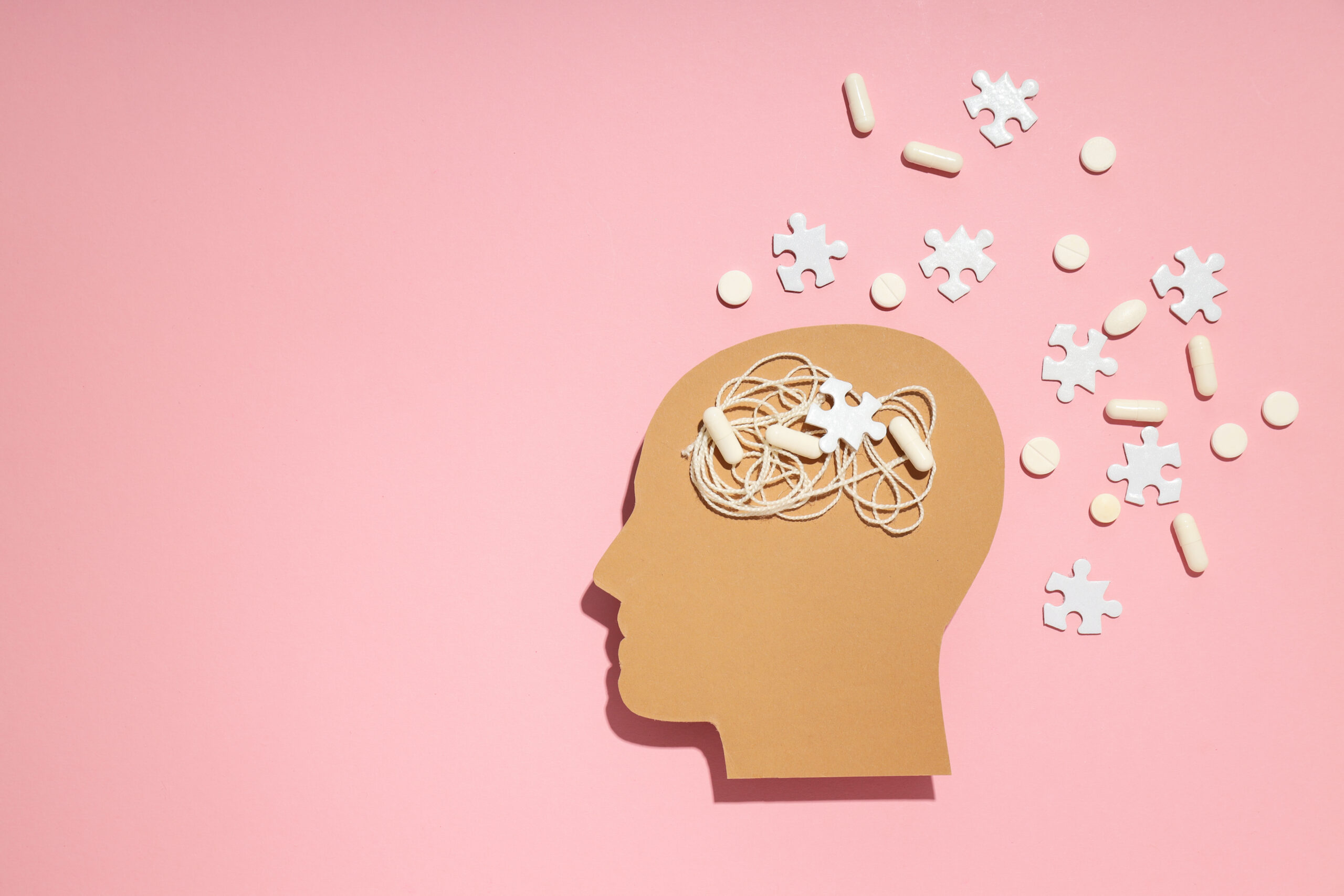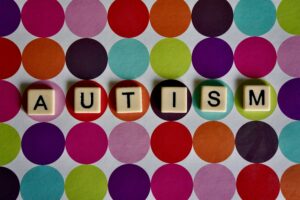What is ADHD?
Attention-Deficit/Hyperactivity Disorder (ADHD) is a neurodevelopmental condition that leads to ongoing patterns of inattention, hyperactivity, and impulsivity. Though often associated with childhood, ADHD can persist into adulthood, where it impacts relationships, academic or professional performance, and daily functioning. It is a highly individualized condition, with each person experiencing a unique combination of symptoms and challenges.
ADHD is not simply a matter of being distracted or overly energetic. It stems from differences in how the brain processes and manages attention, impulses, and activity levels. Think of your attention like a TV remote control. Most people can change channels when they want to, but with ADHD, sometimes the remote has a mind of its own. By understanding the condition, individuals can take steps to manage its effects and build fulfilling, productive lives.
Recognizing the Symptoms
ADHD symptoms are typically grouped into three primary categories:
- Inattention: Difficulty focusing on tasks, frequent distractions, forgetfulness, losing track of items, and struggles with organization and planning.
- Hyperactivity: Persistent restlessness, excessive movement or talking, and difficulty remaining still, even in settings where calm behavior is expected.
- Impulsivity: Acting without thinking, interrupting others during conversations, blurting out answers, and making hasty decisions without considering long-term consequences.
Symptoms can vary widely between individuals, and the intensity may change over time. In adults, hyperactivity may manifest as inner restlessness rather than overt physical movement. Understanding these nuances is key to recognizing ADHD in yourself or others.
The root causes of ADHD are multifactorial, involving a combination of genetic, neurological, and environmental influences. Research suggests that ADHD runs in families, with genetic predisposition playing a significant role. Additionally, differences in brain structure and function, particularly in areas that regulate attention and impulse control, are common in individuals with ADHD.
Environmental factors such as prenatal exposure to alcohol or tobacco, low birth weight, or early childhood adversity may also contribute to the development of ADHD. While these influences do not directly cause ADHD, they may increase the likelihood of its emergence. Understanding these factors can help individuals and families approach the condition with empathy and insight.
Effective Treatment: A Path to Success
ADHD is highly treatable, and a comprehensive plan often includes a combination of medication, therapy, and healthy lifestyle changes.
Medications
- Stimulants: Medications such as methylphenidate and amphetamines are commonly prescribed to enhance focus and reduce impulsivity. These drugs work by increasing dopamine levels in the brain, helping to improve attention and self-regulation. However, stimulants must be used cautiously as they may cause side effects like sleep disturbances, appetite changes, and increased heart rate.
- Non-Stimulants: Alternatives like atomoxetine and guanfacine offer effective symptom management for those who cannot tolerate stimulants. Non-stimulants generally have a slower onset but are particularly useful for managing anxiety or sleep difficulties alongside ADHD.
Therapies
- Cognitive-Behavioral Therapy (CBT): This evidence-based approach helps individuals recognize and modify negative thought patterns and develop practical strategies for managing symptoms.
- Behavioral Therapy: Focused on building specific skills, such as time management, organization, and emotional regulation, behavioral therapy can significantly improve daily functioning and self-confidence.
Lifestyle Modifications Incorporating mindfulness practices, regular exercise, and structured routines can complement medical and therapeutic interventions. Consistency in daily habits is particularly beneficial for individuals with ADHD.
A Story of Hope: Thriving with ADHD
Consider Sarah, a college student struggling with focus and time management. Her ADHD diagnosis came after years of academic challenges and feelings of frustration. With the help of a personalized treatment plan—including CBT, mindfulness exercises, and non-stimulant medication—Sarah gradually gained the skills to manage her workload and improve her relationships. She now excels academically and feels more confident navigating the demands of her busy life. Sarah’s journey illustrates the power of tailored treatment and resilience.
Why Early Intervention Matters
Early identification and treatment of ADHD are crucial for improving long-term outcomes. Intervention at a young age can prevent the escalation of secondary issues, such as academic struggles, social difficulties, and low self-esteem. Timely support can lead to:
- Enhanced academic and professional performance
- Improved social skills and stronger relationships
- Greater emotional well-being and self-confidence
- A higher quality of life overall
Taking Control: Steps Toward Empowerment
If you or someone you know is struggling with ADHD, don’t hesitate to seek professional help. Early intervention and proper treatment can make a significant difference. Here are actionable steps you can take:
- Get Professional Support: Contact Joyspring Health and Recovery for a thorough evaluation and a personalized treatment plan. Located in Chelmsford, MA, our experienced psychiatric providers will develop customized ADHD care to help you succeed in all areas of life.
- Focus on Self-Care: Engage in regular physical activity, prioritize restorative sleep, and explore mindfulness techniques to enhance focus and reduce stress.
- Stay Organized: Use tools such as planners, apps, or visual reminders to keep track of tasks and responsibilities.
- Educate and Advocate: Share your story and help reduce stigma around ADHD by fostering understanding and awareness in your community.
A Note on Stimulants: Proceed with Caution
While stimulant medications are highly effective, they require careful oversight. Regular follow-ups with your healthcare provider ensure safe use, monitor potential side effects, and fine-tune dosage for optimal results. Open communication with your care team is essential to navigating this treatment option effectively.
Disclaimer
This blog post is for educational purposes only and is not a substitute for professional medical advice, diagnosis, or treatment. Please consult a qualified healthcare provider for personalized guidance.
ADHD is a manageable condition, and with the right support, individuals can thrive. At Joyspring Health and Recovery in Chelmsford, MA, we are committed to empowering our clients to overcome challenges and achieve their full potential. Contact us today to learn more about how we can help you or a loved one navigate the path to better health and well-being.





